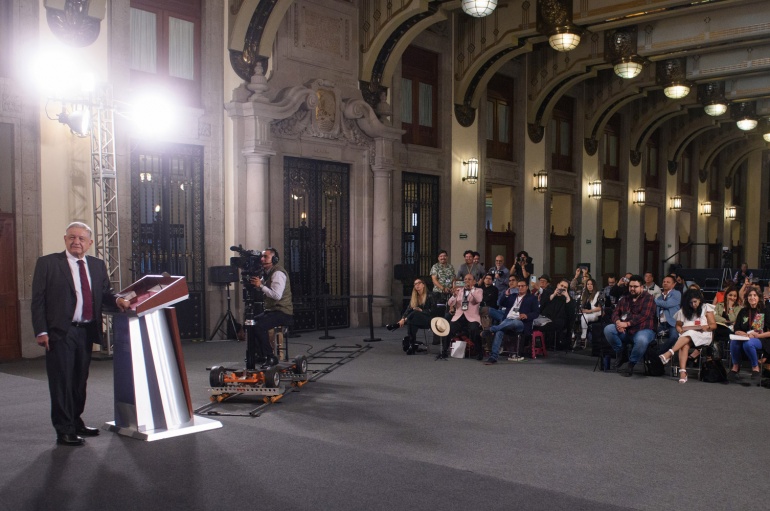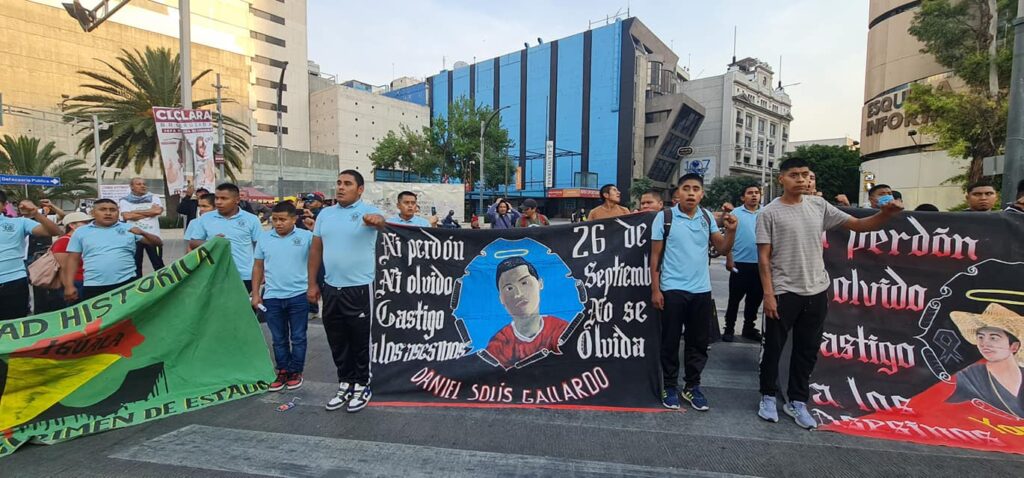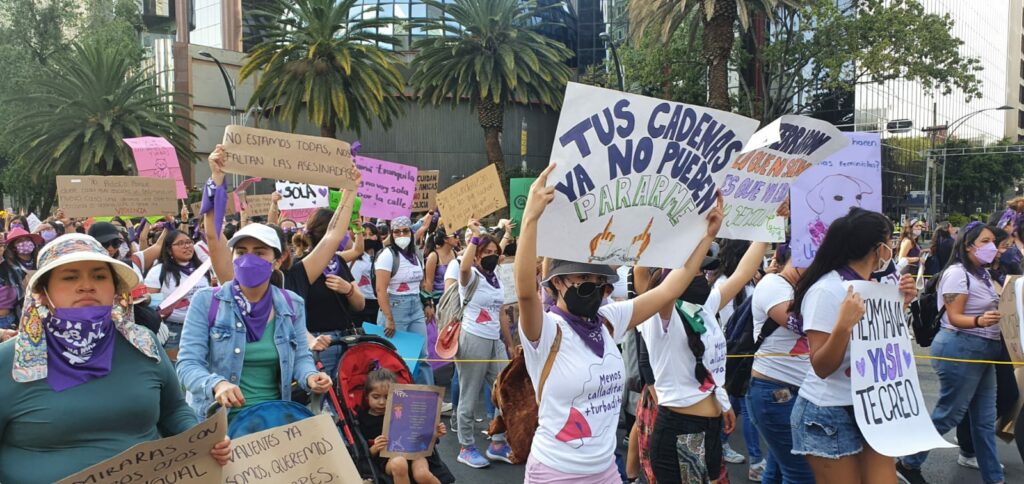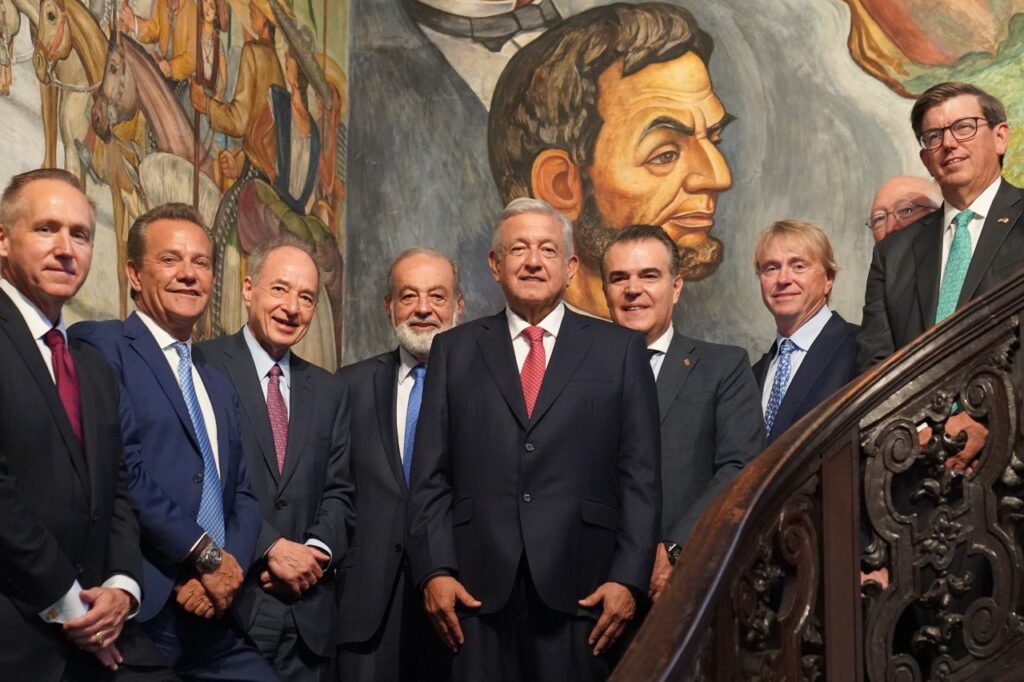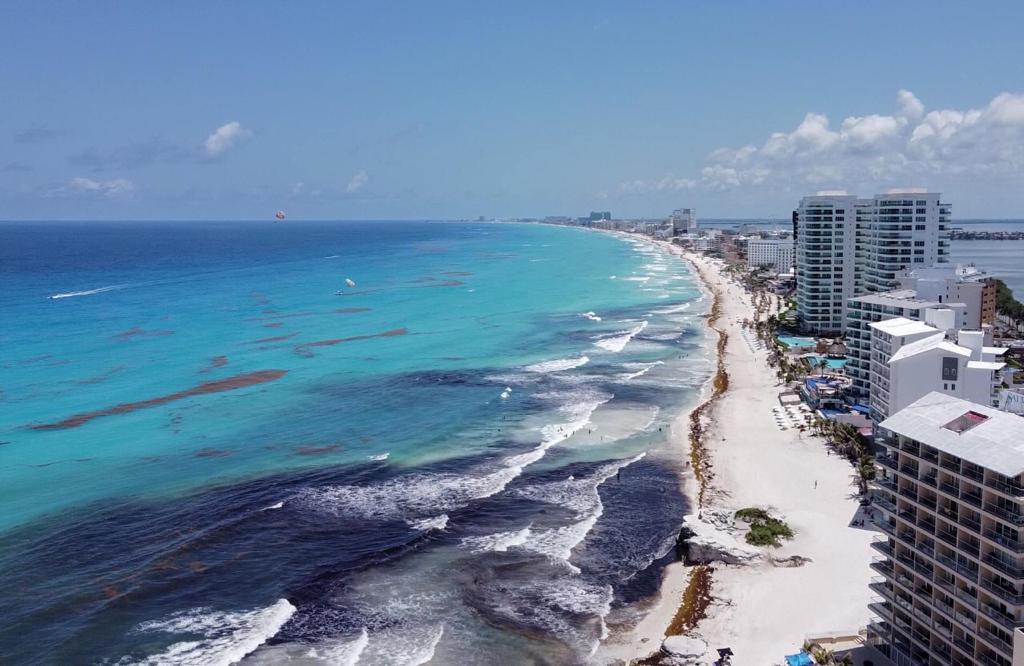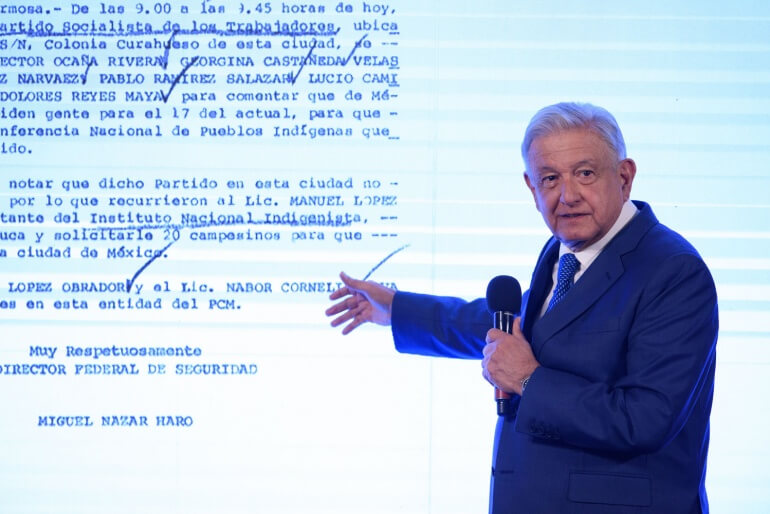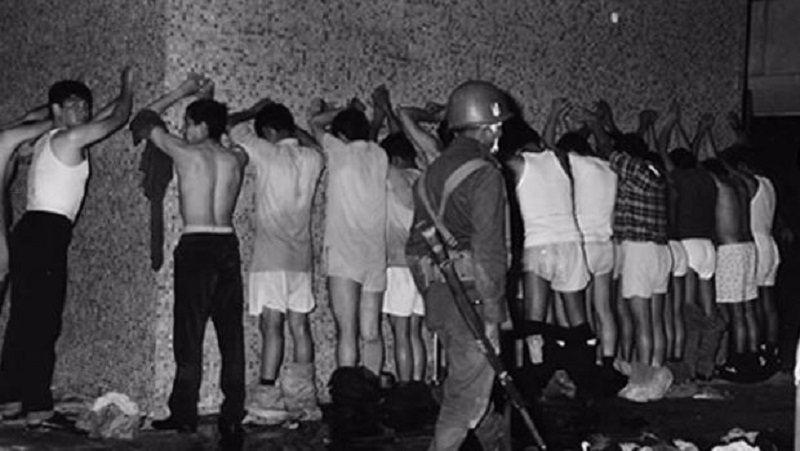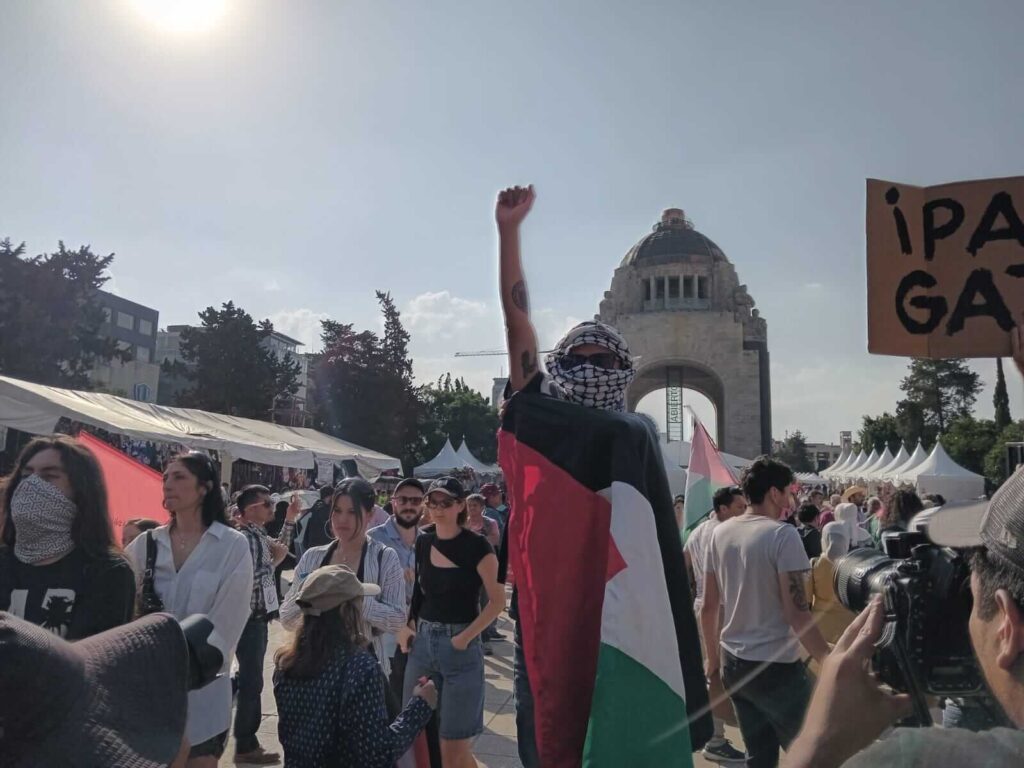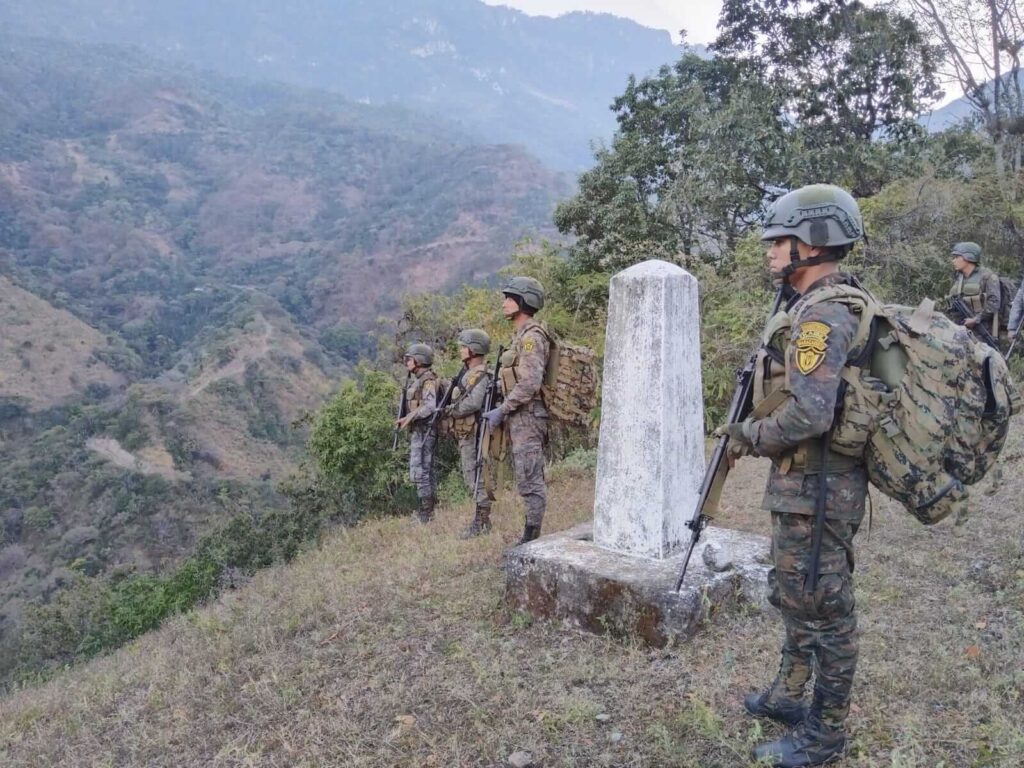Mexico City, Mexico — Following the raid by Ecuadorian security forces on Mexico’s embassy in Quito — which resulted in the arrest of former Ecuadorian Vice President Jorge Glas who was seeking asylum there — Mexico denounced Ecuador before the International Court of Justice (ICJ) and requested that the country be expelled from the United Nations.
“Mexico’s demands seek to strengthen the international legal framework for the peaceful settlement of disputes that should govern international coexistence. This demand is based precisely on the conviction that the use of force is not the mechanism; it is peace and dialogue, and the use of force should be avoided and combated in relations between nations,” said Foreign Minister Alicia Bárcena at a press conference on April 11.
The diplomatic row between the two Latin American countries began after Ecuadorian President Daniel Noboa’s military stormed Mexico’s embassy in Quito on April 5 and arrested Blas, who had taken refuge in the embassy after being convicted of corruption.
Mexico subsequently withdrew its diplomats from Ecuador and cut relations with the country, and President Andres Manuel Lopez Obrador called President Noboa’s actions “authoritarian.”
The incident quickly drew international outrage. According to Minister Bárcena, 36 countries in the Americas, Europe, the Middle East, Oceania, the European Union, and seven international organizations, including the United Nations, have pledged support to Mexico.
In Latin America, long-time allies and even detractors have supported Mexico in its diplomatic quarrel. Governments of Argentina, Bolivia, Brazil, Chile, Colombia, Cuba, Peru, Uruguay, and Venezuela have all backed Mexico, with leaders such as Bolivia’s Luis Arce recalling its ambassador to Ecuador in support of Mexico and Nicaragua severing diplomatic ties with Ecuador.
The United States was slow to react to the raid. On April 9, Lopez Obrador criticized the U.S. and Canada for not taking a definitive stand. “In the case of the United States and Canada, we are economic and commercial partners; we are neighbors, and their position has been very indefinite until now their position has been very indefinite,” said the President.
Later that day, the U.S. officially condemned Ecuador’s use of force against Mexican embassy officials.
“The Ecuadorian government disregarded its obligations under international law as a host state to respect the inviolability of diplomatic missions and jeopardizes the foundation of basic diplomatic norms and relationships,” said U.S. national security advisor Jake Sullivan.
Mexico’s case against Ecuador
Mexico has initiated proceedings in the ICJ that seek provisional measures against Ecuador. A press release from the ICJ stated that the case is related to “legal questions concerning the settlement of international disputes by peaceful means and diplomatic relations, and the inviolability of a diplomatic mission.”
Mexico accuses Ecuador of violating Mexico’s rights under “customary and conventional international law, as well as “fundamental principles upon which the international legal system is based,” read the statement, and Mexico “requests the Court to award remedies including full reparation and ‘to suspend Ecuador as a member of the United Nations.’”
In addition, Mexico seeks to set an international precedent and establish that in case any State or nation commits a violation “similar to the one committed by Ecuador,” the International Court of Justice would be the body in charge of determining responsibilities and initiating the process of expulsion from the UN.
During his daily press conference, López Obrador said that the measures requested by his government would prevent future “authoritarian acts” that go against international law.
“That is what we are proposing, that Ecuador’s rights in the United Nations are temporarily suspended while there is a public apology, non-repetition, and (repair of) damages,” said López Obrador.
Ecuador’s rebuttal
Ecuadorian Minister of Foreign Affairs Gabriela Sommerfeld said that the Mexican government “provoked” the Ecuadorian authorities to act against the embassy.
“Ecuador has to move forward, but first we have to make the sovereignty, our democracy and the dignity of the country be respected,” said Sommerfeld in an interview with the Ecuadorian network Teleamazonas.
The Minister said that by granting asylum to Blas, the Mexican government had overstepped Ecuador’s sovereignty and that Mexico had violated the treaties of safe conduct, since political asylum only protects persecuted peoples, and not citizens who have been sentenced for a crime.
“What the Vienna Convention says is that it protects the politically persecuted, not those convicted by an independent justice system. We must understand that the obligations of the Ecuadorian state were to prevent the escape of someone who has been convicted by the justice system,” Sommerfeld said.


